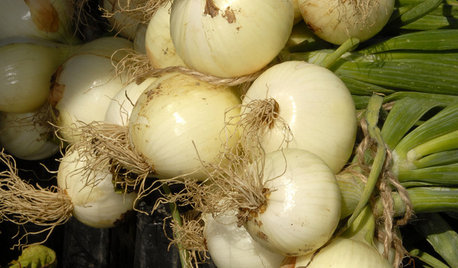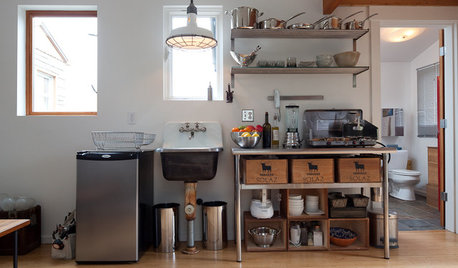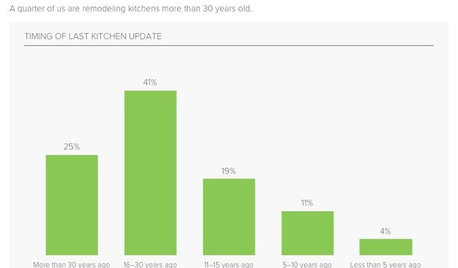why do my onions stay tiny?
TwylaG
13 years ago
Related Stories

COOL-SEASON CROPSCool-Season Vegetables: How to Grow Onions
Essential for a cook's garden, onions come in many varieties and show staying power on the shelf
Full Story
MOST POPULARIs Open-Plan Living a Fad, or Here to Stay?
Architects, designers and Houzzers around the world have their say on this trend and predict how our homes might evolve
Full Story
REMODELING GUIDESShould You Stay or Should You Go for a Remodel? 10 Points to Ponder
Consider these renovation realities to help you decide whether to budget for temporary housing
Full Story
ORGANIZING7 Habits to Help a Tidy Closet Stay That Way
Cut the closet clutter for a lifetime — and save money too — by learning how to bring home only clothes you love and need
Full Story
SMALL SPACES25 Ways to Stay Sane in a Small House
Get more storage, better light and a feeling of spaciousness with these savvy — and sometimes surprising — strategies
Full Story
ENTERTAININGHow to Stay Sane When Hosting Christmas
We offer a dozen tips for getting organizing and enjoying the big day
Full Story
KITCHEN DESIGN9 Kitchen Color Ideas With Staying Power
Stick to these classic color combinations for a kitchen that will never go out of style
Full Story
KITCHEN DESIGNSurvey Results: Kitchen Trends That Seem Here to Stay
More than a third of respondents in Houzz’s annual kitchen trends report now have the means to remodel. Here’s what else they told us
Full Story
KITCHEN DESIGNStay Cool About Picking the Right Refrigerator
If all the options for refrigeration leave you hot under the collar, this guide to choosing a fridge and freezer will help you chill out
Full Story
LIFEYou Said It: ‘We’re Here to Stay’ and Other Houzz Quotables
Design advice, inspiration and observations that struck a chord this week
Full Story





farmerdill
Mark
Related Professionals
Norfolk Landscape Architects & Landscape Designers · Ellensburg Landscape Contractors · Fort Atkinson Landscape Contractors · Gloucester Landscape Contractors · Huntington Landscape Contractors · Hurricane Landscape Contractors · Kaneohe Landscape Contractors · Soddy Daisy Landscape Contractors · Hillsborough General Contractors · Livermore General Contractors · Mashpee General Contractors · New Bern General Contractors · Palestine General Contractors · Redding General Contractors · Waianae General ContractorsTwylaGOriginal Author
heirloomjunkie
farmerdill
heirloomjunkie
farmerdill
tracydr
farmerdill